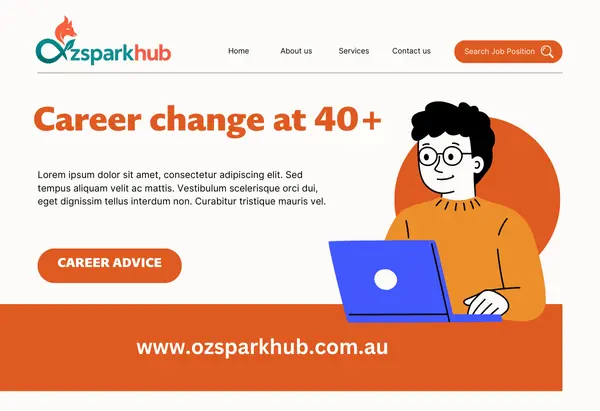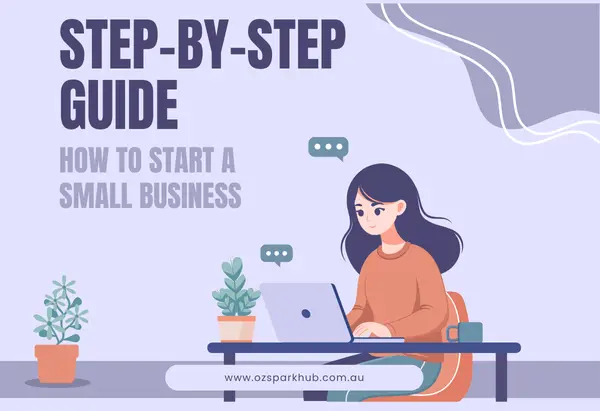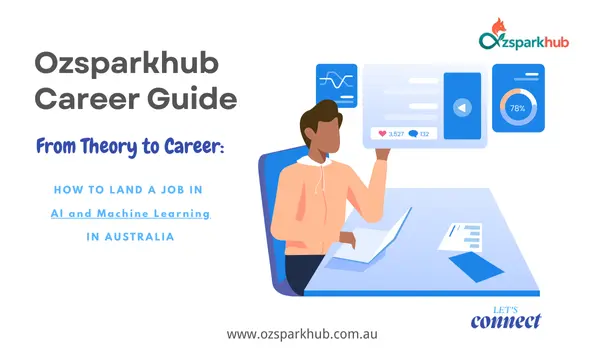7 Secrets of Australian JSPs They Don't Want You to Know | OzSparkHub
Your Job Service Provider (JSP) works for the government, not for you. Understanding their business model is the first step to making the system work for you, not against you.
We've spoken with former case managers and analyzed the data to bring you the secrets of the $2.3 billion employment services industry that can change the way you approach your job search.
🔑 Key Takeaways
- They Are Paid for Activities, Not Outcomes: A JSP's primary revenue comes from you attending appointments and completing tasks, not from you finding a great job.
- You Have a Training Budget: Every job seeker has access to a training budget (the Employment Fund), but it's often not proactively offered.
- Their Employer Network is Often Weak: The "exclusive" jobs they have access to are often low-quality or already widely available.
- You Can Switch Providers: You are not permanently tied to the JSP you were assigned. You have the right to switch if you are not satisfied.
Secret #1: The Business Model is Based on Your Compliance, Not Your Career
A JSP's main key performance indicators (KPIs) from the government are based on process and compliance. They get paid when you show up for appointments, complete online modules, and apply for a set number of jobs. While there are bonuses for placing you in a job, their core business model is sustained by managing your compliance.
What this means for you: The endless cycle of appointments and paperwork is central to their revenue. Your goal should be to find a job, which may not always align with their goal of managing your activities.
Secret #2: You Have a Training Budget They Don't Talk About
Every job seeker has access to the Employment Fund, a pool of money that can be used for work-related items, training, and licenses. This can pay for things like a Forklift license, a Responsible Service of Alcohol (RSA) certificate, work boots, or even a short course.
However, this fund is a cost to the JSP, so they are often not proactive in offering it. You must ask specifically about it.
What this means for you: Directly ask your case manager: "What is the process for accessing my Employment Fund for [specific course or item]?" Be persistent.
Secret #3: Their "Exclusive" Job Network is Largely a Myth
JSPs will often talk about their network of employers with exclusive access to jobs. While they do have relationships with some businesses, these are often for high-turnover, low-wage positions. The majority of quality jobs are found through public job boards, company websites, and networking.
What this means for you: Don't rely on your JSP to find you a great job. Dedicate the vast majority of your time to your own search. See their job leads as a small, supplementary stream.
Secret #4: You Have the Right to Switch Providers
If you are unhappy with the service you are receiving, you are not stuck. You have the right to switch to a different JSP in your area. A simple phone call to the Department of Employment and Workplace Relations can start the process.
What this means for you: If your case manager is unhelpful, unresponsive, or you feel you are not getting the support you need, don't be afraid to fire them. Research other providers in your area and make the switch.
Secret #5: They Have Performance Ratings You Can Check
The government publishes performance ratings for all JSPs. These "star ratings" measure their effectiveness in placing people into jobs. While not a perfect measure, it can give you an indication of which providers are more successful.
What this means for you: Before you switch, check the star ratings of the providers in your area. This can help you make an informed decision.
Secret #6: The Quality of Case Managers Varies Wildly
The person you deal with every fortnight can make or break your experience. The employment services industry has high staff turnover, and many case managers are overworked and under-trained. However, there are also passionate, dedicated professionals who genuinely want to help.
What this means for you: If you have a bad case manager, you can request to be assigned to a different one within the same office. Sometimes, a simple change of personnel can make a huge difference.
Secret #7: Your Mutual Obligations Can Be Flexible
While you have mutual obligations to meet, there can be flexibility. If you are undertaking significant training, volunteering, or have other personal circumstances, these can sometimes be counted towards your requirements.
What this means for you: Have an open conversation with your case manager about your activities. If you are doing things that are genuinely improving your employment prospects, they may have the discretion to adjust your formal requirements.
The Australian employment services system is complex and often frustrating. However, by understanding these secrets, you can move from being a passive participant to an active, informed consumer. Take control of your job search, advocate for your needs, and remember that you are your own best career advisor.
Related Articles You Might Like
7 Secrets of Australian JSPs They Don't Want You to Know | OzSparkHub





